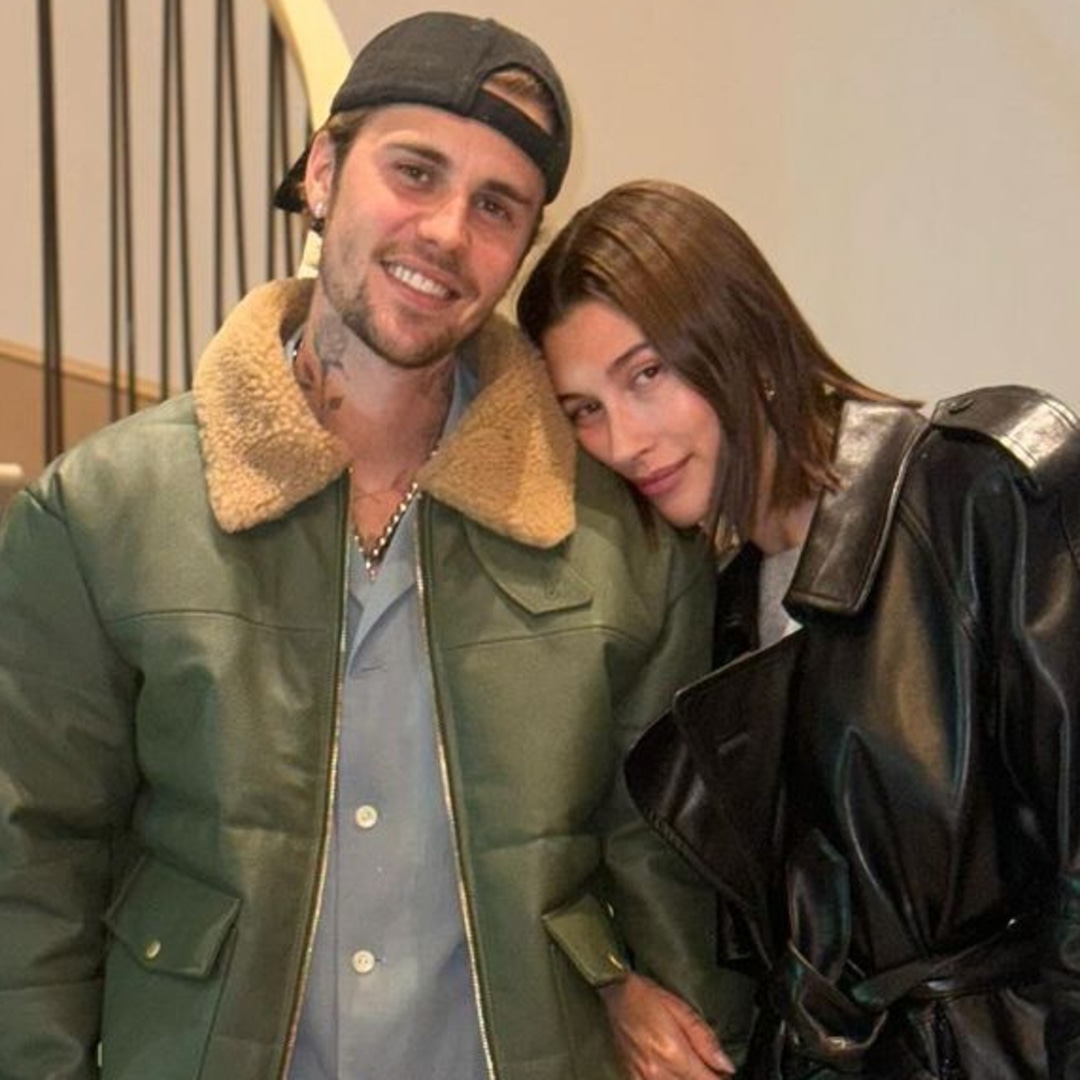Culture
Book Review: ‘The Skunks,’ by Fiona Warnick

THE SKUNKS, by Fiona Warnick
In Fiona Warnick’s quiet, thoughtful debut novel, “The Skunks,” a young woman named Isabel navigates the gloopy period of growing up that takes place after college ends and before real life begins.
At the start of the novel, Isabel has just returned to her hometown after graduation, beginning the process of settling back in with the people who knew her before she started to know herself. Also, she works, house-sitting for Jan and Steve, family friends who are hiking the Appalachian Trail all summer; nannying Cecelia, another local couple’s tolerably spunky 4-year-old; and running the reception desk at a yoga studio.
Isabel has a refreshingly good head on her shoulders — she is not expecting miracles as she butts up against adult life. She is, however, hoping to finally think about boys less. “Usually when you’re home from college, all you talk about is boys,” Isabel’s oldest friend, Ellie, tells her. “Like probably I can name more boys you’ve liked than classes you’ve taken.”
She’s determined to change, which is why she is especially disappointed in herself when she succumbs to what she feels is a very unadult preoccupation with Jan and Steve’s son, Eli. He pops by the house to pick up something and Isabel gets caught in the inexplicable, and indeed maddening, allure of aloofness in Eli, an otherwise unremarkable young man. She tries to redirect her focus, and thus becomes obsessed with three young skunks who’ve taken up residence in Jan and Steve’s backyard.
The story of Isabel’s summer is punctuated by vignettes from the skunks’ points of view. Isabel imagines that they possess near-human inner lives and that they spend their days like she does: surviving, but also pondering their joys, their purposes and even their deaths. Eventually one of the skunks seems to reach adulthood, completing the metamorphosis that has so far evaded Isabel: “The skunk no longer looked like an adult in miniature,” she notes. “It had grown over the summer, and now it looked like an adult. Its fur was sleek and shiny. Was it an adult? Were there variables besides scale?”
Are there variables besides scale? It’s an important question to Isabel. Is it simply size that differentiates a child from an adult? Does anyone ever really feel grown up? Or is growing up something that just happens, whether you realize it or not?
The way Isabel imagines the skunks’ ruminations — on the colors and textures of the natural world, on the ever-changing odors of the compost bin, on the flexions of their spines, on the tension in their muscles — begins to serve as a form of mindfulness. It reminds her to be present, even in the uncomfortable moments that make up her transitional period, because it’s those small moments that add up to a life.
This type of reflection is the primary pleasure of reading “The Skunks.” The meditative nature of the prose, which deftly evokes nostalgia in readers for their own haphazard times, becomes almost therapeutic. Isabel’s process of observing the world and interrogating her own discomfort — “What made it more acceptable to flounder in a new place than in a place steeped with memories?” — is so charming, so deeply earnest, that it’s hard by the end of the book not to have cultivated some self-compassion.
Warnick’s cozy, coming-of-age narrative might be best suited to those currently negotiating the strife of becoming, or even those at the precipice of it. People long out of that stage of life, however, will also be moved by the authenticity of Isabel’s reflections, soothed by how nice it is not to be in the pandemonium anymore and able to see, with Isabel’s help, that maybe the gloop wasn’t so bad after all.
THE SKUNKS | By Fiona Warnick | Tin House | 226 pp. | Paperback, $17.95






















